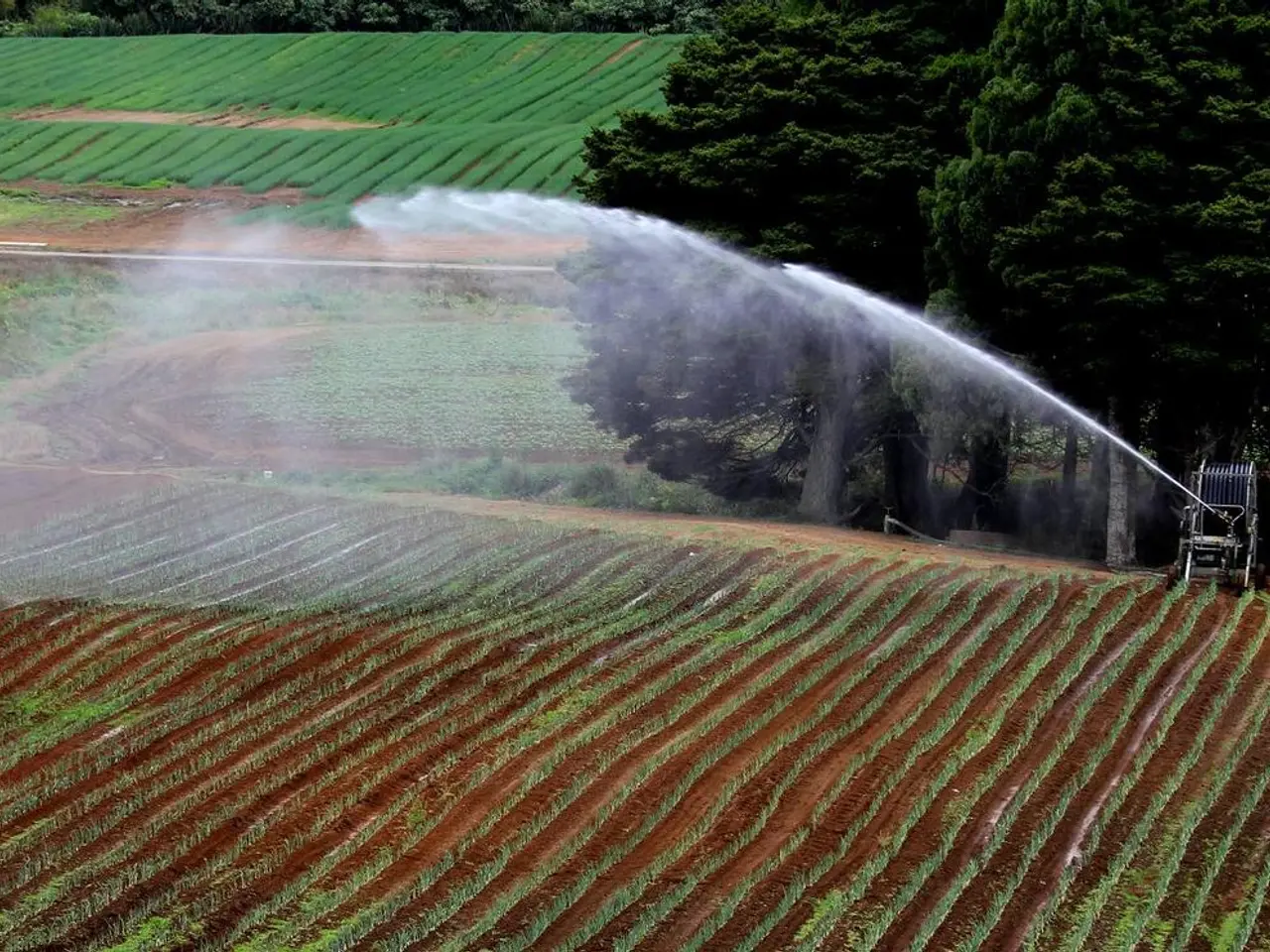The global potential for BECCS is primarily limited by the sustainable use of water resources
In a groundbreaking study published in the prestigious journal Nature Sustainability on July 5, a team of international researchers have uncovered significant potential for increasing the capacity of Bioenergy with Carbon Capture and Storage (BECCS) through sustainable irrigation practices.
The study, led by researchers from the National Institute for Environmental Studies, Potsdam Institute for Climate Impact Research, Ritsumeikan University, and Kyoto University, defines sustainable water use as water management that ensures local and downstream water availability, minimises non-renewable water resources withdrawal, and prevents additional water stress.
Under sustainable irrigation conditions, the study found that the BECCS potential could reach 0.88-2.09 Gt C yr-1. This potential increases further under full irrigation, reaching 1.32-3.42 Gt C yr-1.
The study further reveals that unlimited irrigation could increase global BECCS potential by 60-71% by the end of this century, while sustainably constrained irrigation would increase it by only 5-6%.
BECCS is a negative emission technology that utilises plants to absorb carbon dioxide from the atmosphere. The process extracts bioenergy from biomass, captures, and stores the carbon in a geological reservoir. To achieve the 2°C or 1.5°C climate goal, large-scale deployment of BECCS has been assumed to be prominent in many previous studies.
The study was supported by the Environment Research and Technology Development Fund of the Environmental Restoration and Conservation Agency of Japan (JPMEERF20202005, JPMEERF15S11418, and JPMEERF20211001). The DOI for the study is 10.1038/s41893-021-00740-4.
The greatest potential for sustainable irrigation systems to increase BECCS capacity lies in regions with high biomass productivity and water availability, such as parts of sub-Saharan Africa, South America, and Southeast Asia. Implementing sustainable irrigation in these regions can enhance biomass yields for BECCS and significantly contribute to meeting the 1.5°C or 2°C climate targets by enabling larger net-negative emissions.
The BECCS potential under sustainable irrigation is close to the lower limit of 1.6-4.1 Gt C yr-1, which is the required amount of BECCS in 2100 that is consistent with the 1.5°C or 2°C climate goal as documented in the IPCC Special Report on Global Warming of 1.5°C.
This research offers promising insights into the role of sustainable irrigation in enhancing the potential of BECCS, a crucial technology in the fight against climate change. The study underscores the importance of strategic water management in achieving global carbon emission reduction targets.
Read also:
- Nightly sweat episodes linked to GERD: Crucial insights explained
- Antitussives: List of Examples, Functions, Adverse Reactions, and Additional Details
- Asthma Diagnosis: Exploring FeNO Tests and Related Treatments
- Unfortunate Financial Disarray for a Family from California After an Expensive Emergency Room Visit with Their Burned Infant








